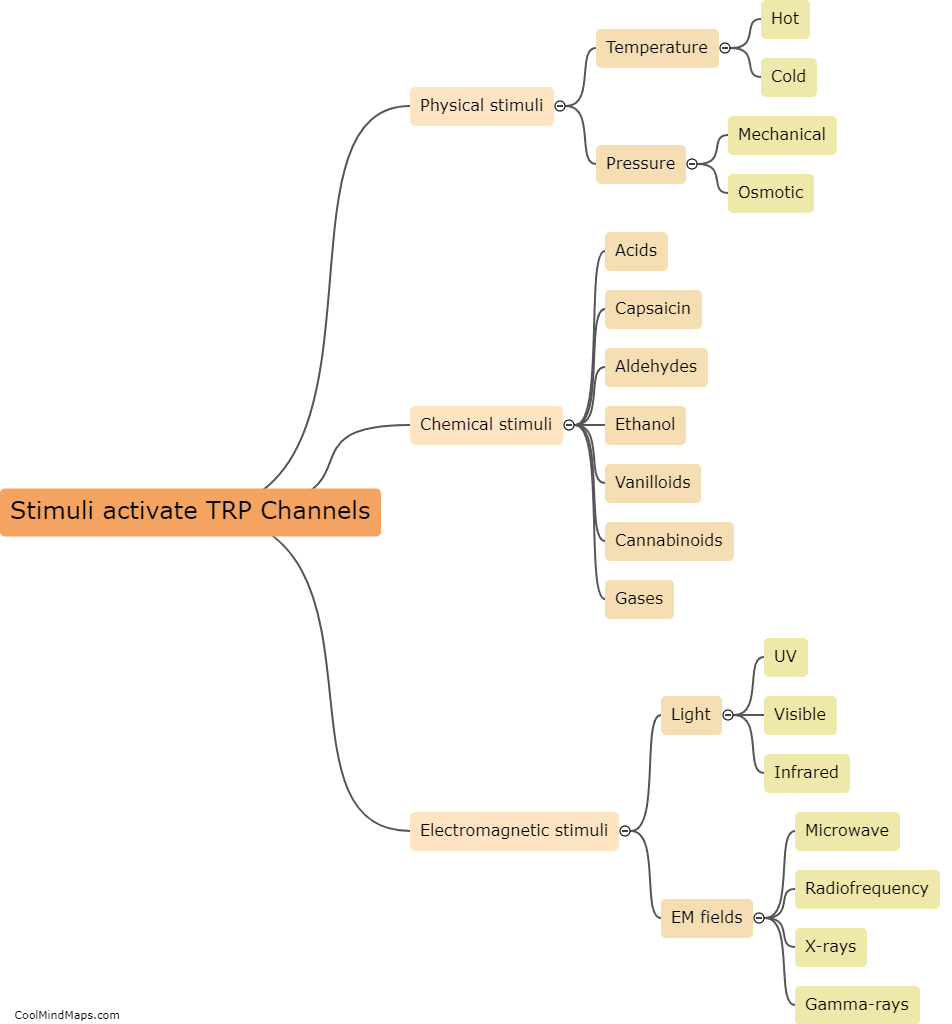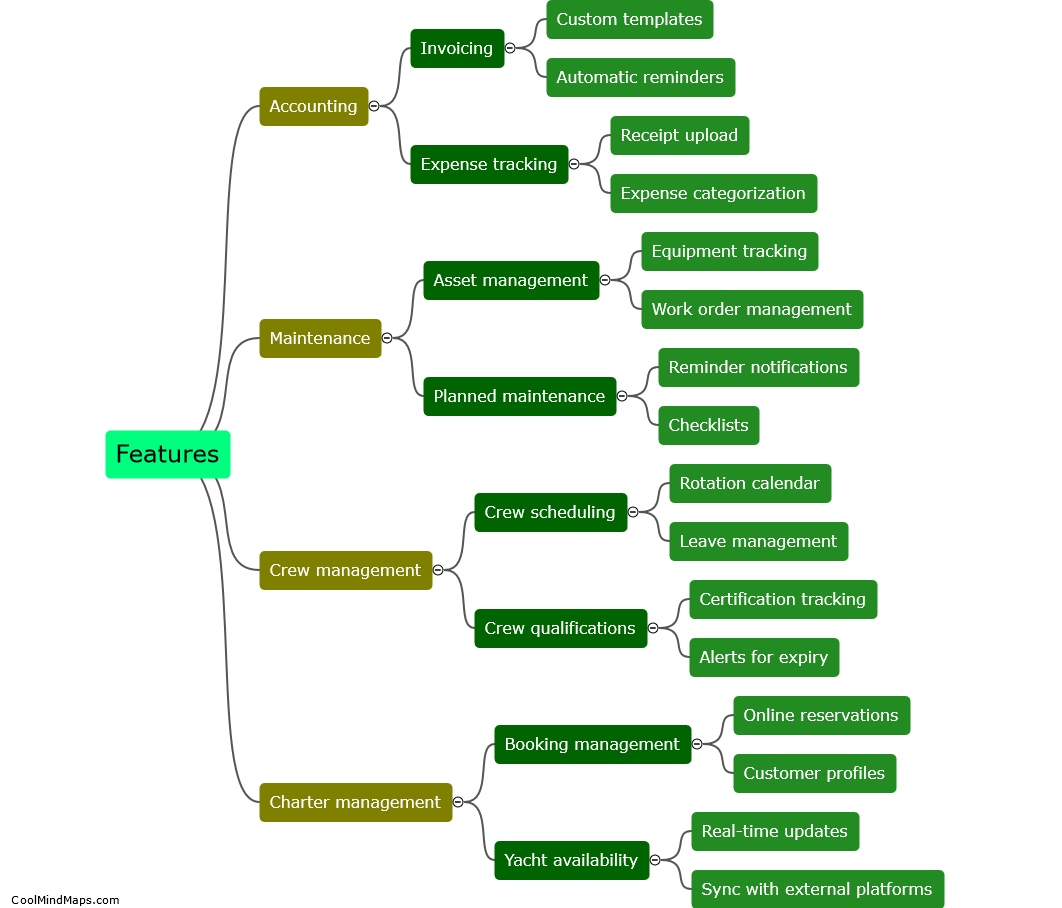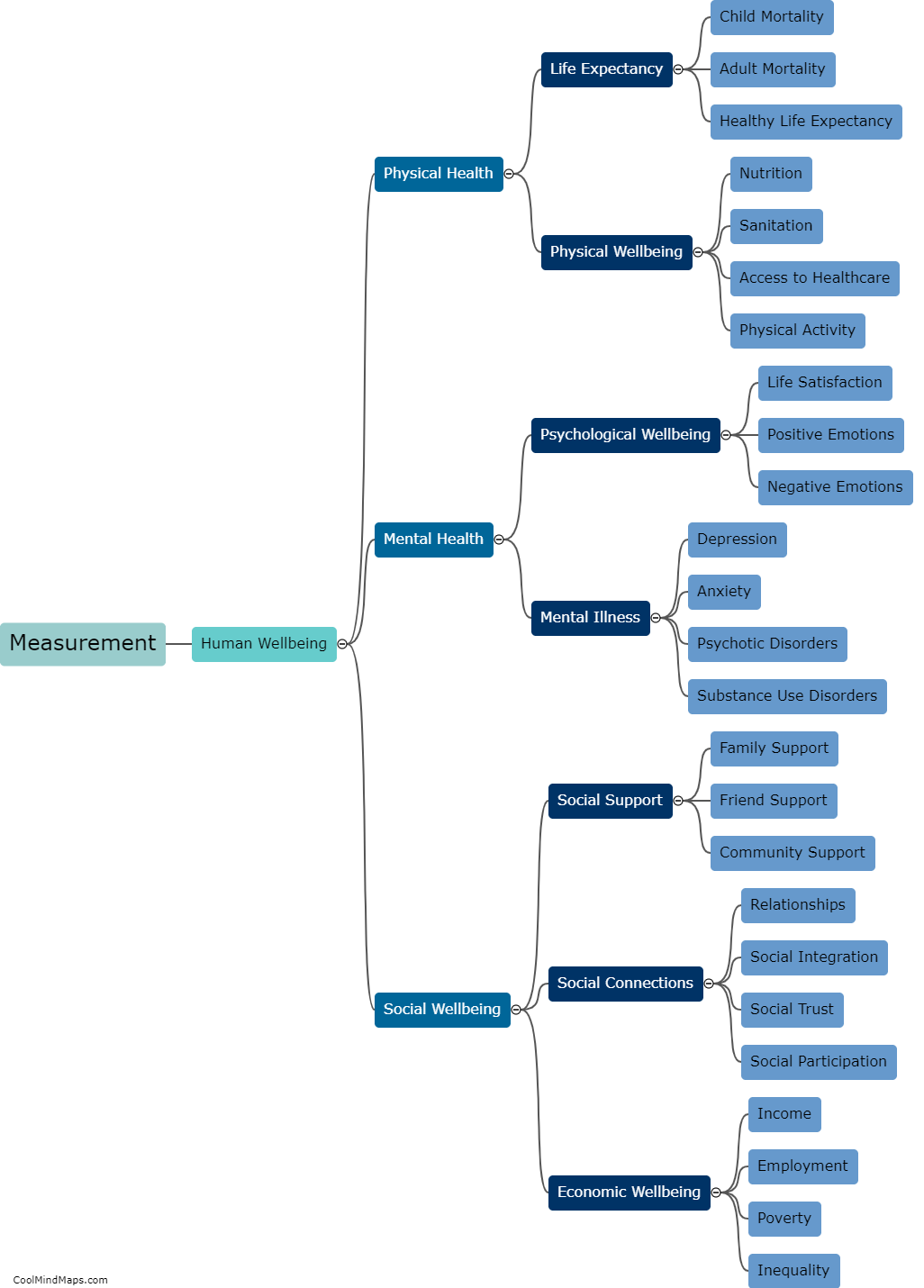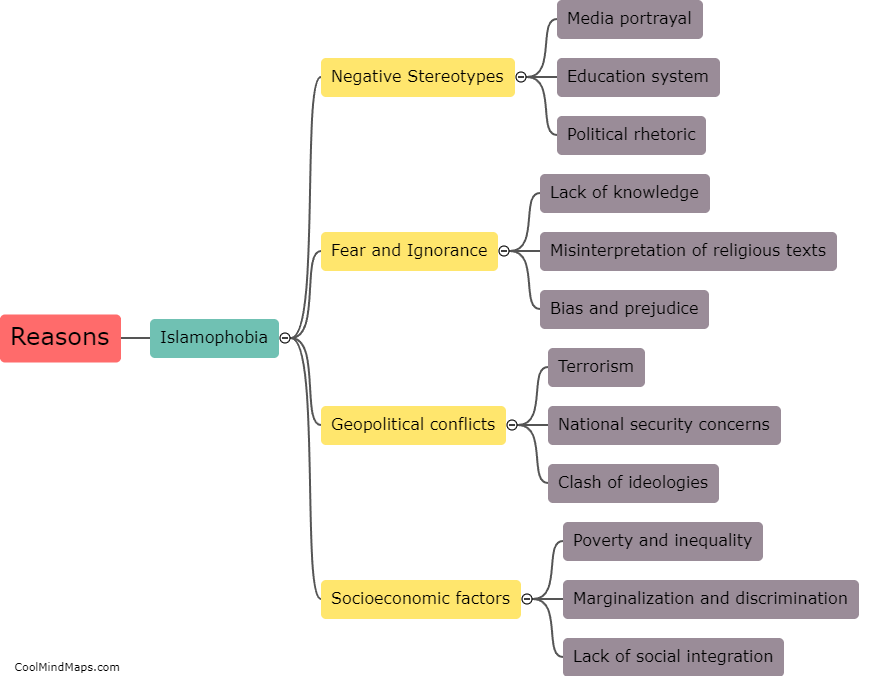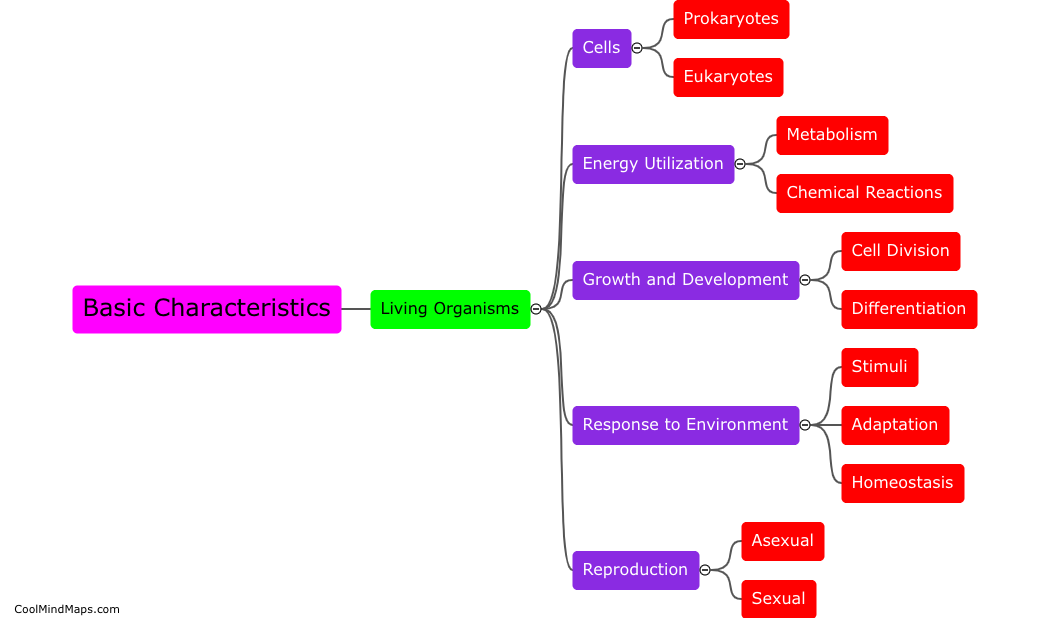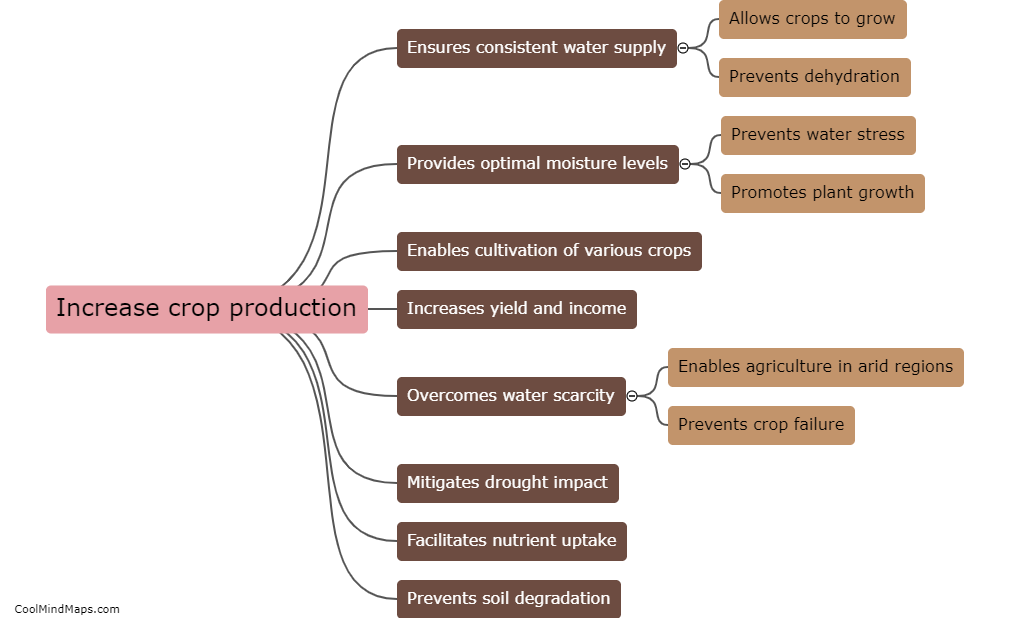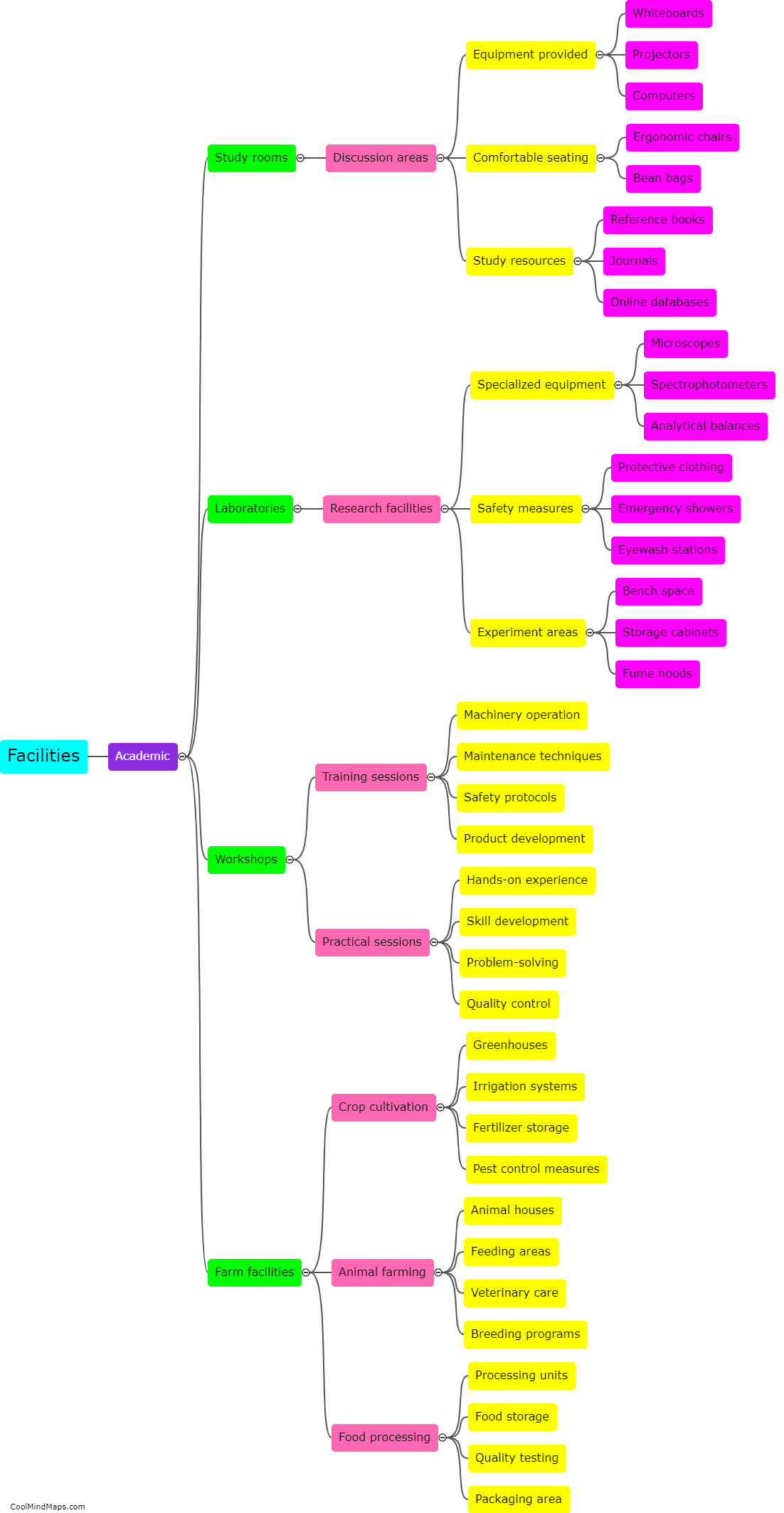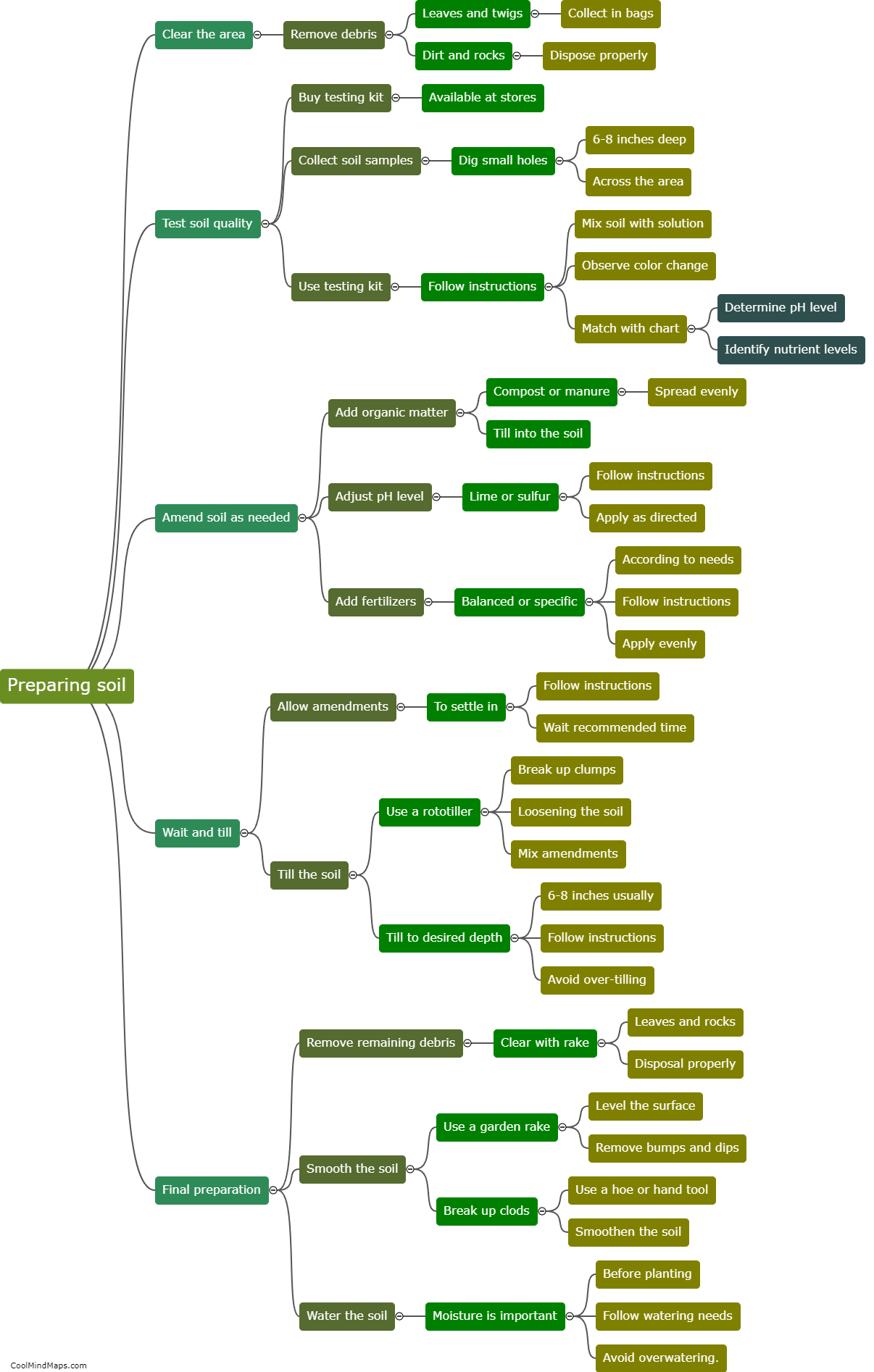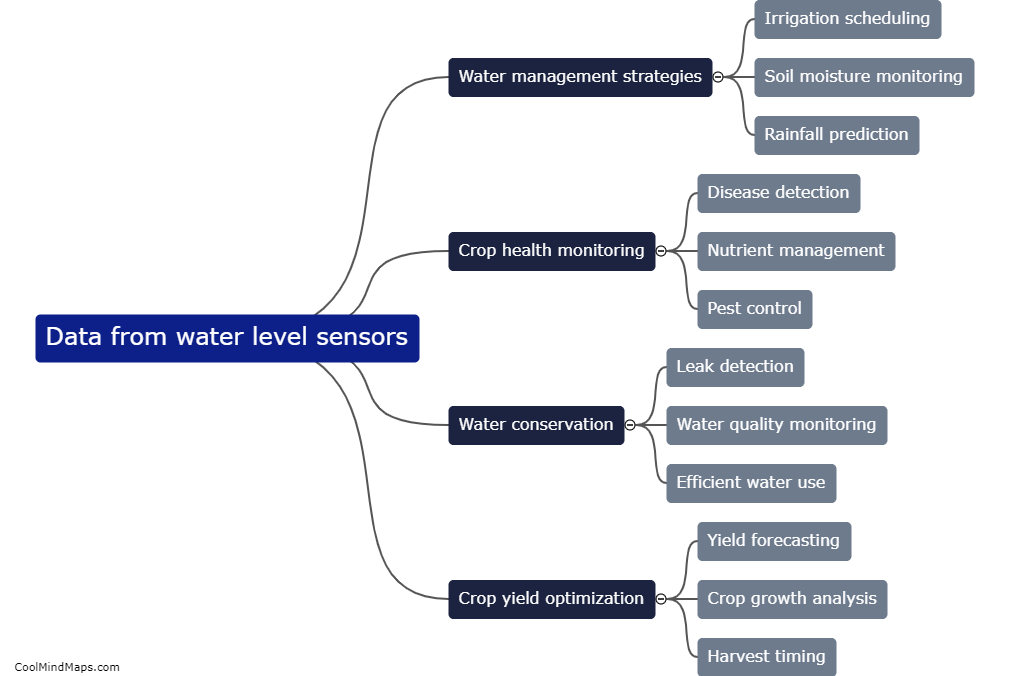How does the Internet of Things (IoT) enhance precision irrigation?
The Internet of Things (IoT) is revolutionizing precision irrigation by providing farmers with real-time data and advanced technology to optimize water usage and increase crop yield. IoT devices equipped with sensors and actuators are placed in the field, collecting data on soil moisture levels, weather conditions, and plant health. This data is then sent wirelessly to a central system, where it is analyzed and used to make informed decisions regarding irrigation scheduling and water allocation. By leveraging IoT, farmers can precisely monitor and control the amount of water provided to each individual plant or field, ensuring that crops receive only the necessary amount of water, reducing water waste, and improving overall efficiency. Additionally, IoT-enabled systems can integrate with weather forecasts, allowing farmers to adjust their irrigation plans in real-time based on upcoming weather patterns, saving water and mitigating the risk of over or under-watering crops. Ultimately, IoT empowers farmers with valuable insights and automation capabilities, leading to more sustainable agricultural practices and increased productivity.
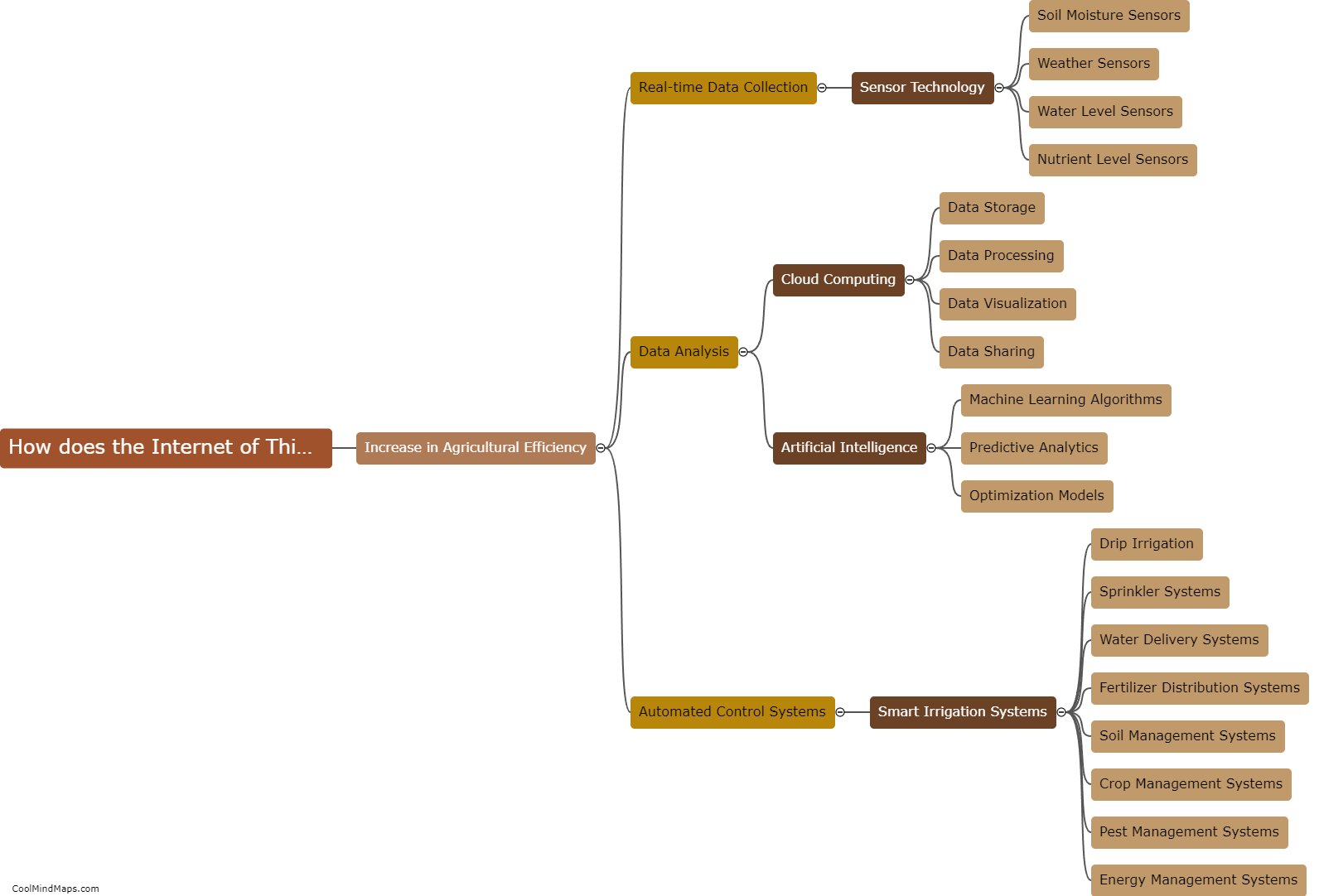
This mind map was published on 18 September 2023 and has been viewed 91 times.



